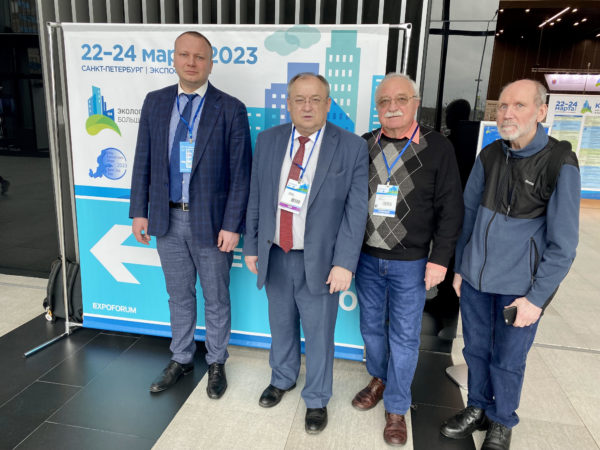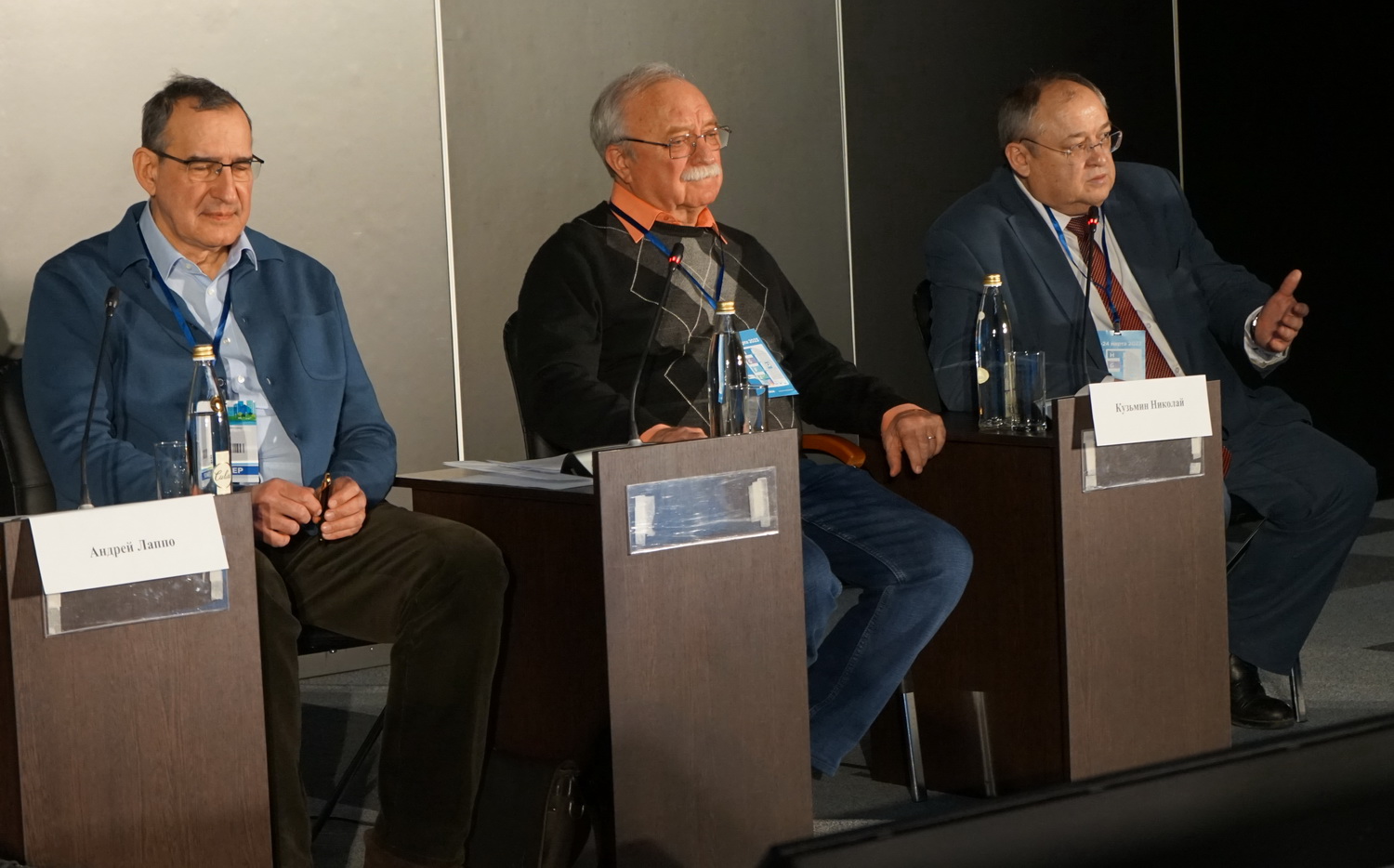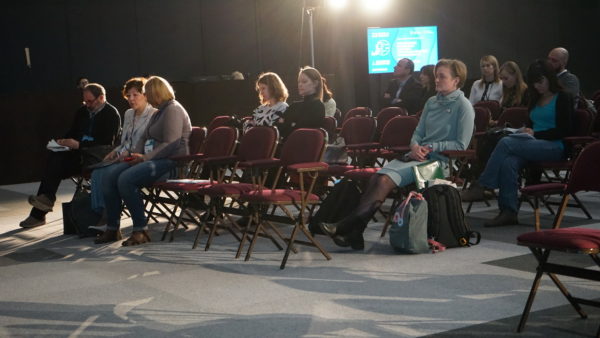
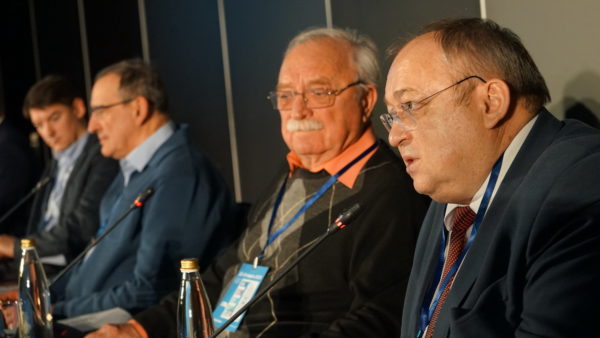
Unfortunately, Russia lags behind other countries in introducing the MSP and ecosystem approach to harmonise relations with the habitat. There is still a lack of political will to adopt legislative norms at the federal and regional levels.
The need for a systemic view on the ecological safety of the Gulf of Finland and ensuring balanced development was mentioned by deputies of the legislative assemblies of St Petersburg (D.V. Dmitriev) and Leningrad Oblast (N.A. Kuzmin). Creation of the interregional ecological laboratory and carrying out of the complex ecological assessment in the Gulf of Finland region are the key decisions to be taken in the nearest future! That was the opinion of the legislators of the two subjects of the Russian Federation who made a joint report.
Dr. Andrey Talevlin (Russian Socio-Ecological Union) and Oleg Bodrov (Public Council of the South Coast of the Gulf of Finland) supported the regional deputies in their speech, proposing priority steps for passing federal and regional laws on MSPs.
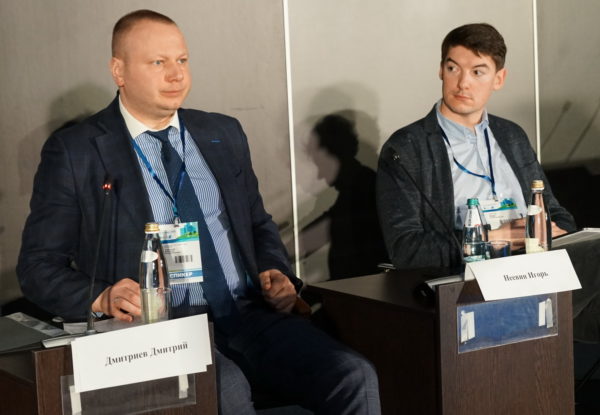
Dr. Nathaniel Trumbull from the University of Connecticut (USA) spoke about the experience of two US states using the MPP toolkit in port construction and promoting a major energy infrastructure project. This experience could be used in the development of similar facilities in the Russian part of the Gulf of Finland.
Dr. Li Xuefeng (PRC) spoke about the plans to use the MSP in the Arctic and Antarctic, in areas not under the jurisdiction of any country. Ecologists from different countries and continents who participated in the MSP roundtable showed their willingness to cooperate.
It is very difficult, but still one would like to believe that despite the political turbulence politicians will listen to environmentalists, and those only to the military.
